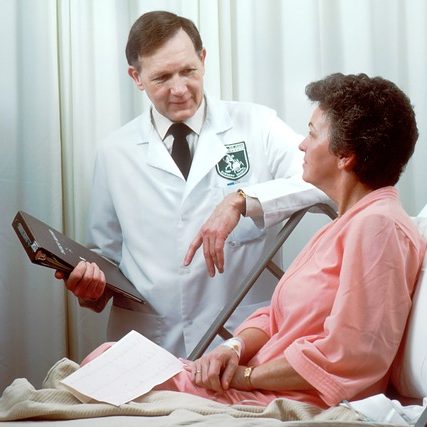Annually, the United States approves multiple new uses for cancer drugs based on early evidence that they can shrink or slow the spread of tumors. How often do these initial results equate to longer, more robust lives for patients though? At the end of April, the Food and Drug Administration (FDA) met for the first time in a decade to determine if they should revoke the approvals for drugs that have failed to show they extend or improve life after use for cancer treatment.
During the three-day meeting, the FDA examined unproven cancer drugs from Merck, Roche, and Bristol-Myers Squibb. The schedule included presentations from drugmakers as well as opportunities to seek advice from cancer experts. The hope is that, through this examination, the FDA can remove expensive, unproven cancer drugs from the market. As Dr. Ezekiel Emanual, a cancer specialist and bioethicist at the University of Pennsylvania explains, “Doctors are using these drugs and patients are receiving them with all their toxicities and without knowing whether they are actually doing anything. We should not be in a situation where we’re endlessly uncertain.”
There has been an “unprecedented level of drug development” in recent years, with spending on cancer drugs more than doubling since 2013 to over 60 billion dollars annually. The U.S. spends more per person on prescription drugs than any other nation, and new medications can cost as much as 300,000 dollars per year. Unfortunately, the prices have risen faster than patient survival rates.
For more information about the potential withdrawal of cancer drugs from the market, contact us today.

